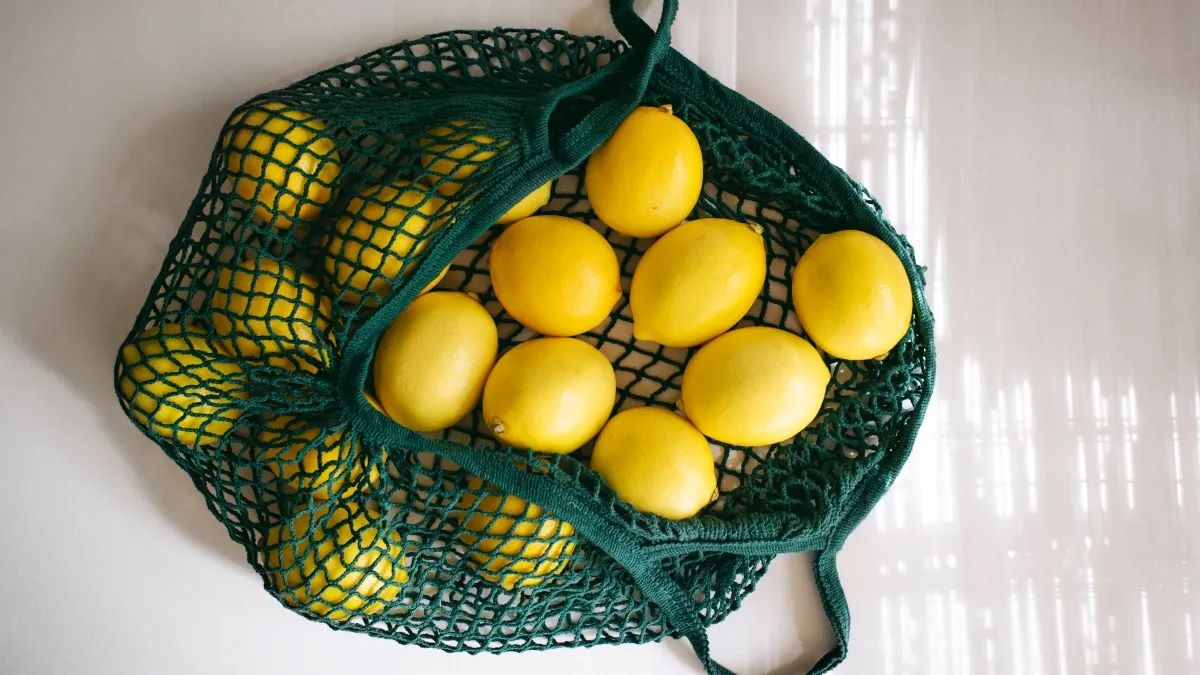

Articles
How To Store Lemons Without Refrigeration
Modified: August 16, 2024
Learn how to store lemons without refrigeration in this informative article. Discover practical tips and tricks to keep your lemons fresh and flavorful for longer.
(Many of the links in this article redirect to a specific reviewed product. Your purchase of these products through affiliate links helps to generate commission for Storables.com, at no extra cost. Learn more)
Introduction
When it comes to storing lemons, most people instinctively think of placing them in the refrigerator. However, did you know that there are alternative methods to preserve lemons without refrigeration? Whether you are facing limited refrigerator space or simply want to try something different, storing lemons without refrigeration can be a viable option.
Storing lemons properly is crucial to ensure their freshness and flavor are retained for an extended period. This article will guide you through the process of storing lemons without the need for refrigeration, allowing you to enjoy their zesty goodness for longer.
By following these tips and techniques, you can keep your lemons fresh and flavorful for a longer time and have them readily available for all your culinary needs.
Key Takeaways:
- Preserve lemons without refrigeration to maintain their vibrant color, tangy taste, and juicy texture. Choose the right lemons, store in a cool, dark place, and explore alternative preservation methods for extended freshness.
- Maximize the longevity of lemons by avoiding moisture, handling with care, and inspecting regularly. Embrace the freshness, tang, and versatility of lemons to elevate your culinary creations and enjoy their delightful zing.
Read more: How To Store Meat Without Refrigeration
Why Store Lemons Without Refrigeration?
While refrigeration is a common method to store fruits and vegetables, it might not be the ideal choice for lemons. Lemons are best stored at a temperature range of 50 to 60 degrees Fahrenheit (10 to 15 degrees Celsius) and can deteriorate when exposed to extremely cold temperatures in refrigerators.
Not only can cold temperatures affect the taste and texture of lemons, but they can also accelerate the loss of moisture, leading to dry and shriveled fruits. Additionally, refrigeration can cause the natural oils in lemons to solidify, making them harder to juice and extract their flavorful essence.
By storing lemons without refrigeration, you can maintain their vibrant color, tangy taste, and juicy texture for a longer time. Plus, it expands your storage options by allowing you to utilize other cool, dark places that may not have refrigerator space available.
Moreover, if you have a surplus of lemons and want to ensure they stay fresh for an extended period, storing them without refrigeration becomes a practical and convenient solution.
Aside from maintaining the quality of the lemons, storing them without refrigeration can also be a matter of personal preference. Some people find that refrigerated lemons lose some of their natural zing and juiciness, and prefer the flavor of lemons stored at room temperature.
So, whether you’re looking to optimize your lemon storage, preserve their fresh taste, or simply explore alternative methods, storing lemons without refrigeration can be a perfect solution.
Choosing the Right Lemons
When it comes to storing lemons without refrigeration, selecting the right lemons is essential. Follow these tips to ensure you choose the best lemons for storage:
- Look for lemons that have a bright and vibrant yellow color. Avoid lemons that have dull or greenish hues as they may not be fully ripe.
- Check the skin of the lemons for any blemishes or soft spots. Firm and smooth-skinned lemons are ideal for storage.
- Consider the size of the lemons. Choose lemons that feel heavy for their size, as this indicates that they are juicy and fresh.
- Inspect the lemons for any signs of mold or excessive softness. Avoid lemons that show these signs as they may spoil quickly.
- If possible, choose organic lemons to avoid any potential chemical residue from pesticides.
By selecting high-quality lemons, you set a solid foundation for successful storage without refrigeration.
Preparing Lemons for Storage
Before storing lemons without refrigeration, it’s essential to properly prepare them for optimal preservation. Follow these steps to prepare your lemons:
- Start by thoroughly washing the lemons under cool running water. This helps remove any dirt, residue, or bacteria on the surface.
- Gently pat dry the lemons with a clean kitchen towel or paper towel. Ensuring they are dry helps prevent moisture accumulation and potential mold growth during storage.
- Inspect each lemon and remove any damaged or rotting parts. Cutting them away will help maintain the overall freshness of the remaining fruit.
- Consider sanitizing the lemons with a natural antibacterial solution. You can mix equal parts of water and white vinegar, and lightly wipe the lemons’ surface with a clean cloth dampened in the mixture. This step can help prolong their shelf life.
- After sanitizing, allow the lemons to air dry completely before proceeding to the storage phase.
By following these preparation steps, you ensure that your lemons are clean, dry, and free from any potential contaminants, allowing them to stay fresh for longer periods.
Store lemons at room temperature, away from direct sunlight. They can last for about a week on the counter and up to a month in the fridge. If cut, store in an airtight container in the fridge for up to 4 days.
Storing Lemons in a Cool, Dark Place
When it comes to storing lemons without refrigeration, finding a suitable cool and dark place is key. Follow these guidelines to store your lemons effectively:
- Choose a location that has a consistent temperature of around 50 to 60 degrees Fahrenheit (10 to 15 degrees Celsius). This temperature range helps slow down the lemons’ ripening process without causing damage.
- Avoid storing lemons near sources of heat, direct sunlight, or areas with significant temperature fluctuations. These factors can accelerate spoilage and affect their freshness.
- Consider using a well-ventilated container or basket to store the lemons. This allows for air circulation and helps prevent moisture buildup, which can lead to mold growth.
- Place a layer of paper towels or a clean kitchen towel at the bottom of the container. This helps absorb excess moisture and prevents the lemons from touching any potentially damp surfaces.
- Arrange the lemons in a single layer in the container, ensuring they don’t touch or overlap. This helps prevent bruising and allows for better airflow.
- If you have a large number of lemons, you can separate them into multiple containers or baskets to avoid overcrowding.
- Keep the container of lemons in a cool, dark area such as a pantry, basement, or cupboard. Make sure the location is well-ventilated and away from any odorous substances that could transfer their scent to the lemons.
- Check on the lemons periodically and remove any that show signs of spoilage. This prevents the spread of mold or decay to the other lemons.
By storing lemons in a cool and dark place, you create an environment that helps prolong their shelf life and keeps them fresh and flavorful for an extended period.
Read more: How To Store Eggs Without Refrigeration
Using Alternative Preservation Methods for Lemons
In addition to storing lemons in a cool, dark place, there are alternative preservation methods you can try to extend their shelf life. These methods can be beneficial if you want to store lemons for an even longer duration or if you have a surplus of lemons to preserve. Here are a few techniques to consider:
- Freezing: Freezing lemons can help maintain their freshness and flavor. Start by washing and drying the lemons thoroughly. Then, slice or juice the lemons and place them in airtight freezer bags or containers. Label the bags with the date, and store them in the freezer. Frozen lemons can be used directly in recipes, and the zest can be grated while still frozen.
- Preserved Lemons: Preserved lemons add a unique tangy flavor to various dishes. To make preserved lemons, wash the lemons and cut them into quarters without fully separating the segments. Generously sprinkle salt on the exposed flesh and press the lemons together. Place them in a sterilized jar, pressing them down to release their juices. Add more freshly squeezed lemon juice to cover the lemons, seal the jar tightly, and store it in a cool, dark place for a few weeks before using.
- Lemon Zest: Lemon zest can be a versatile ingredient that adds a burst of citrus flavor to numerous dishes. Grate the outer layer of the lemon using a fine grater, being careful not to include the bitter white pith. Spread the zest on a parchment paper-lined baking sheet and allow it to dry completely. Store the dried zest in an airtight container in a cool, dark place for future use.
- Lemon Juice: Extracting and preserving the juice from lemons is another way to prolong their usefulness. Squeeze the lemons using a citrus juicer or by hand, removing any seeds. Pour the juice into ice cube trays or small containers and freeze them. Once frozen, transfer the lemon juice cubes or portions to a freezer-safe bag or container for easy use in recipes.
By utilizing these alternative preservation methods, you can continue to enjoy the vibrant flavor and versatility of lemons even beyond their typical shelf life.
Tips for Prolonging Lemon Shelf Life
Aside from the storage and preservation methods mentioned, there are additional tips you can follow to further extend the shelf life of your lemons:
- Avoid moisture: Moisture can speed up the deterioration of lemons. Make sure the lemons are completely dry before storing them, and avoid placing them in areas prone to excess humidity.
- Don’t wash until ready to use: Washing lemons before storing them can introduce moisture, making them more susceptible to spoilage. It is best to wait to wash the lemons until you are ready to use them.
- Handle with care: Lemons can bruise easily, which can lead to faster spoilage. Handle them gently and avoid dropping or squeezing them with force.
- Keep separate from other fruits: Some fruits, such as apples and bananas, release ethylene gas, which can cause lemons to ripen and spoil more quickly. Store lemons separately or in an area where the gas won’t affect them.
- Inspect regularly: Check on your stored lemons regularly to identify any signs of spoilage. Remove any lemons that are soft, moldy, or showing other signs of decay to prevent the spread of spoilage to the rest of the batch.
- Use the oldest lemons first: When you’re ready to use your stored lemons, make sure to prioritize the oldest ones first. This will help prevent any lemons from going bad while you use the fresher ones.
- Consider waxing: Applying a thin layer of food-grade wax to the lemons can create a protective barrier and help extend their shelf life. However, make sure to use wax that is specifically designed for food use.
By implementing these tips, you can maximize the longevity of your lemons and enjoy their refreshing flavor in various dishes and beverages for an extended period.
Conclusion
Storing lemons without refrigeration is a practical and effective method to keep them fresh and flavorful for a longer period. By choosing the right lemons, properly preparing them, and storing them in a cool, dark place, you can maintain their vibrant color, tangy taste, and juicy texture.
Alternative preservation methods like freezing, preserving lemons, and extracting lemon zest and juice provide additional options for prolonging the shelf life of lemons. These methods allow you to enjoy the versatility of lemons in various recipes, even beyond their typical storage capabilities.
Furthermore, by following tips such as avoiding moisture, handling lemons with care, and inspecting them regularly, you can significantly extend the shelf life of your lemons and minimize spoilage.
So, whether you’re faced with limited refrigerator space or simply prefer the taste of room temperature lemons, storing lemons without refrigeration is a viable and enjoyable option. Embrace the freshness, tang, and versatility of lemons by implementing the techniques and tips outlined in this article, and elevate your culinary creations to new heights.
With these strategies at your disposal, you can make the most of the lemons you have and ensure that they always add a delightful zing to your meals, beverages, and desserts.
Now that you've mastered storing lemons without a fridge, why stop there? Keeping fruit fresh is an art, and our upcoming guide unveils secrets for optimal fruit storage. You'll learn how to maintain the zest and juiciness of various fruits, ensuring they're as lively as when first picked. Perfect for anyone looking to reduce waste and savor nature's sweetness at its peak, this article is a must-read.
Frequently Asked Questions about How To Store Lemons Without Refrigeration
Was this page helpful?
At Storables.com, we guarantee accurate and reliable information. Our content, validated by Expert Board Contributors, is crafted following stringent Editorial Policies. We're committed to providing you with well-researched, expert-backed insights for all your informational needs.
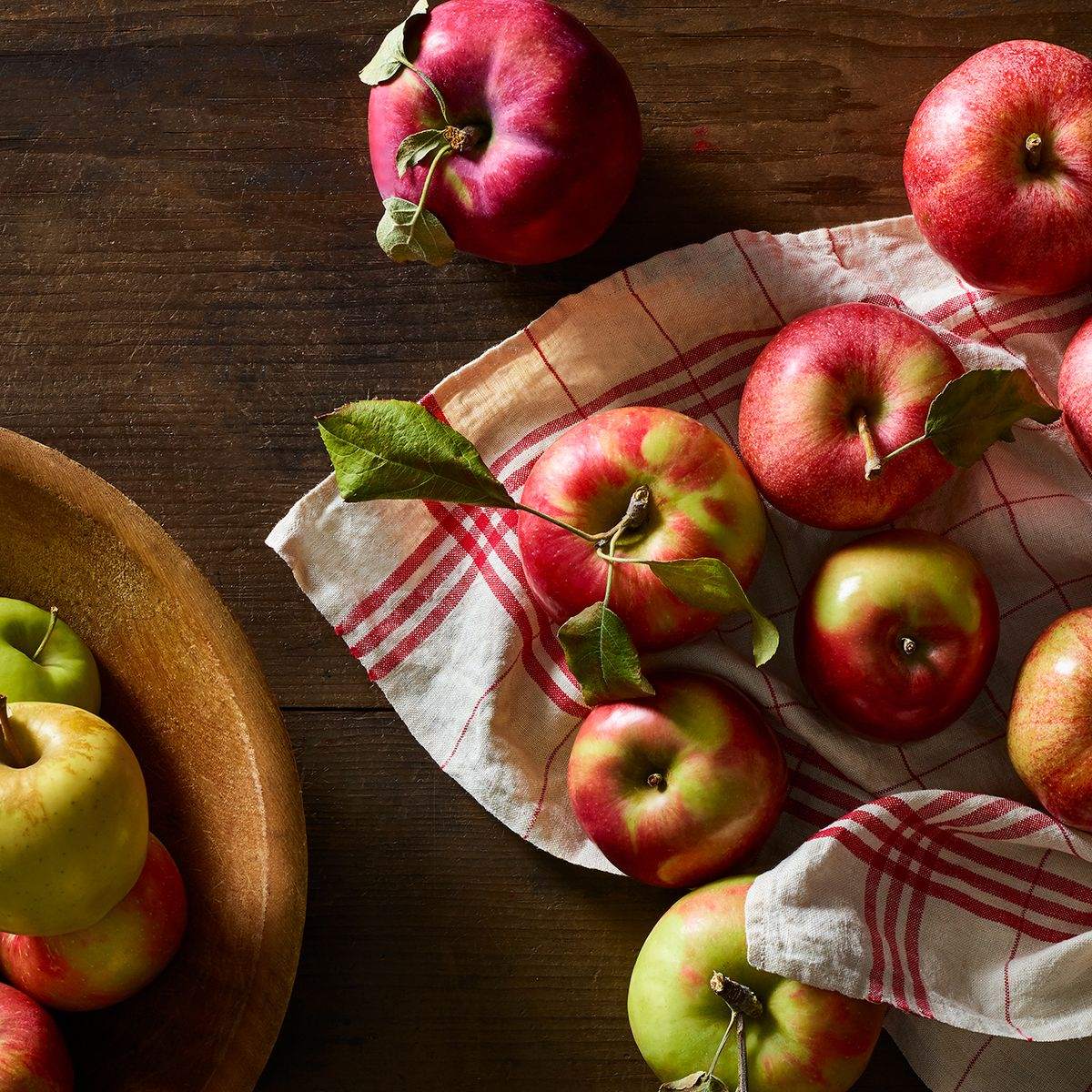
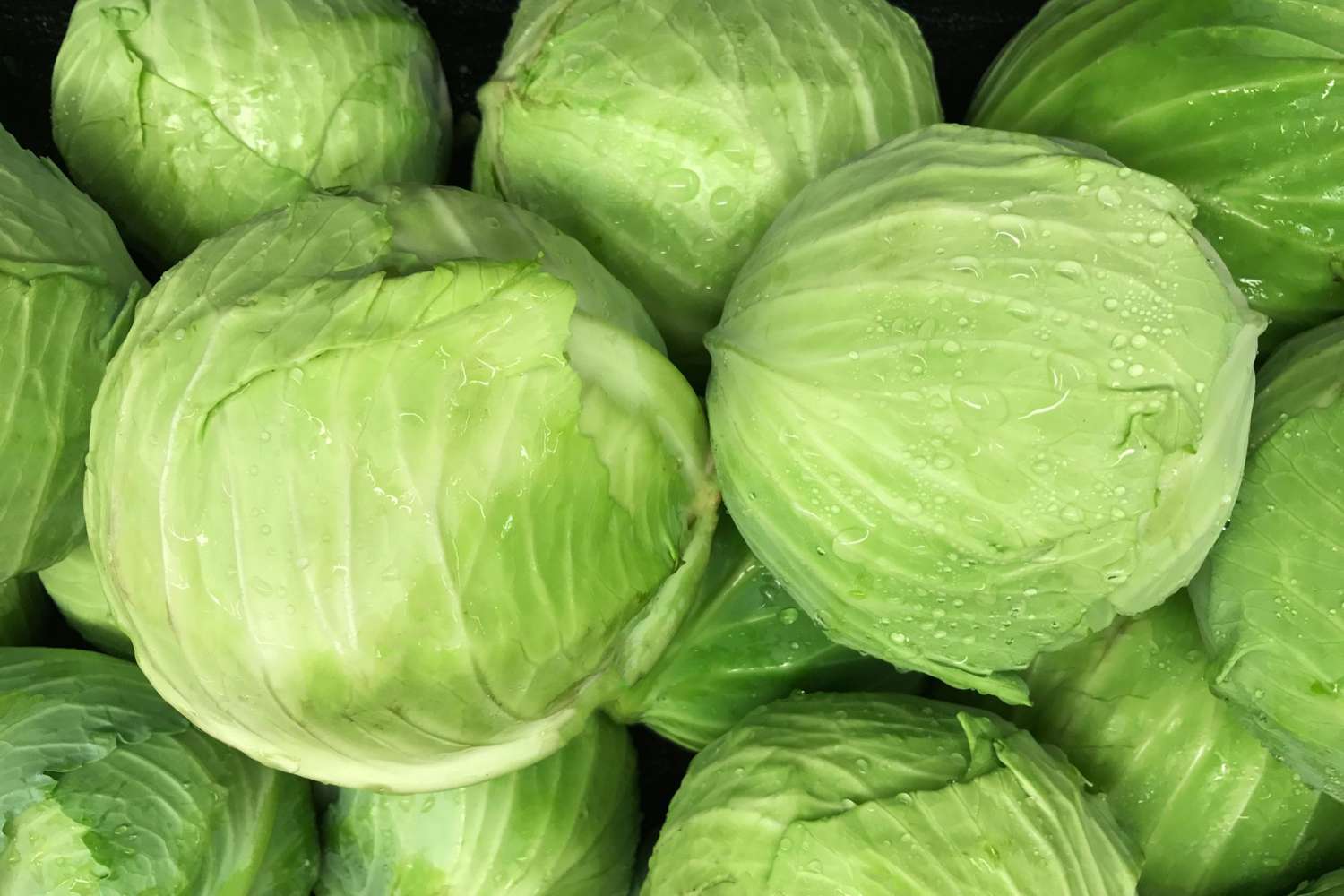
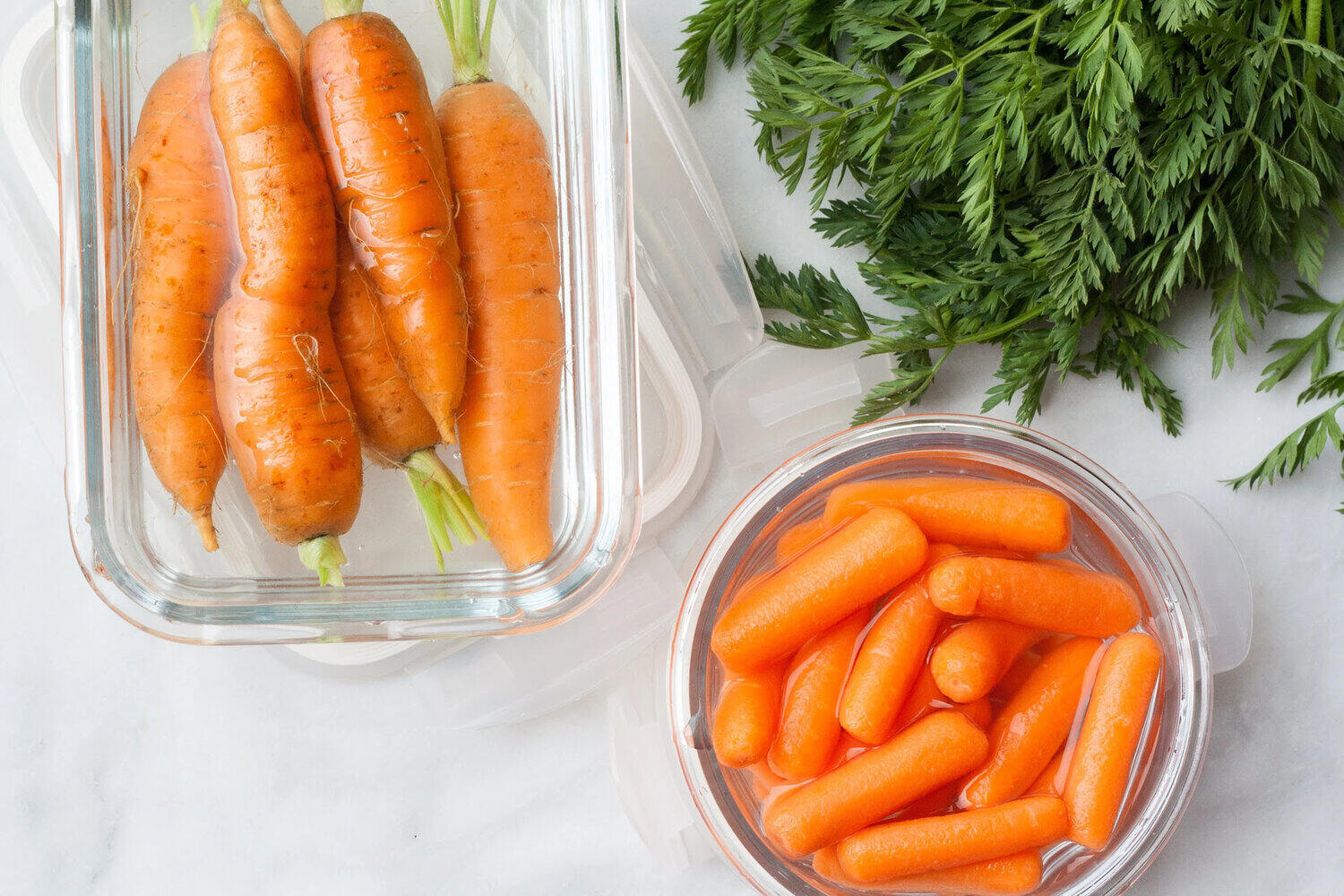
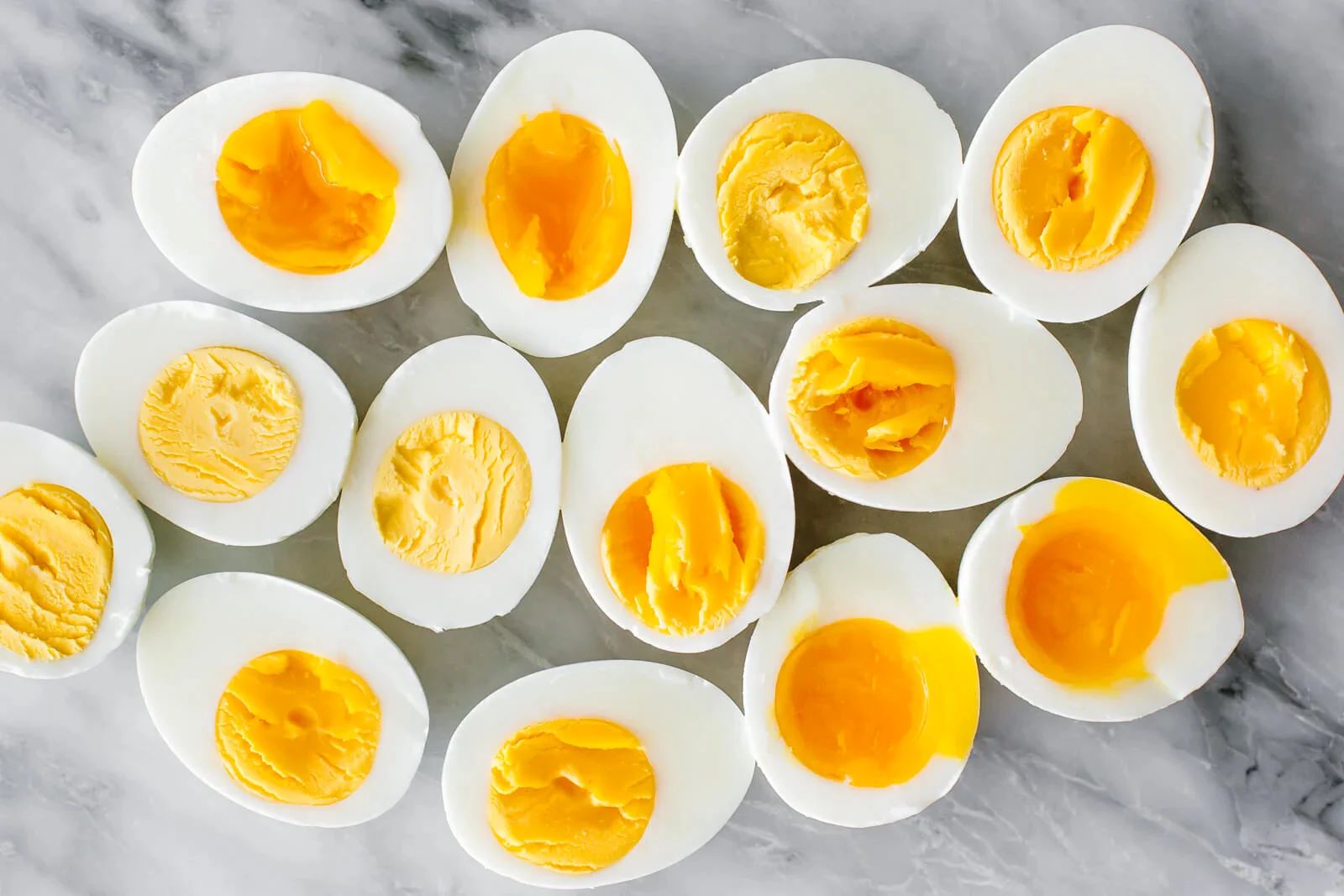

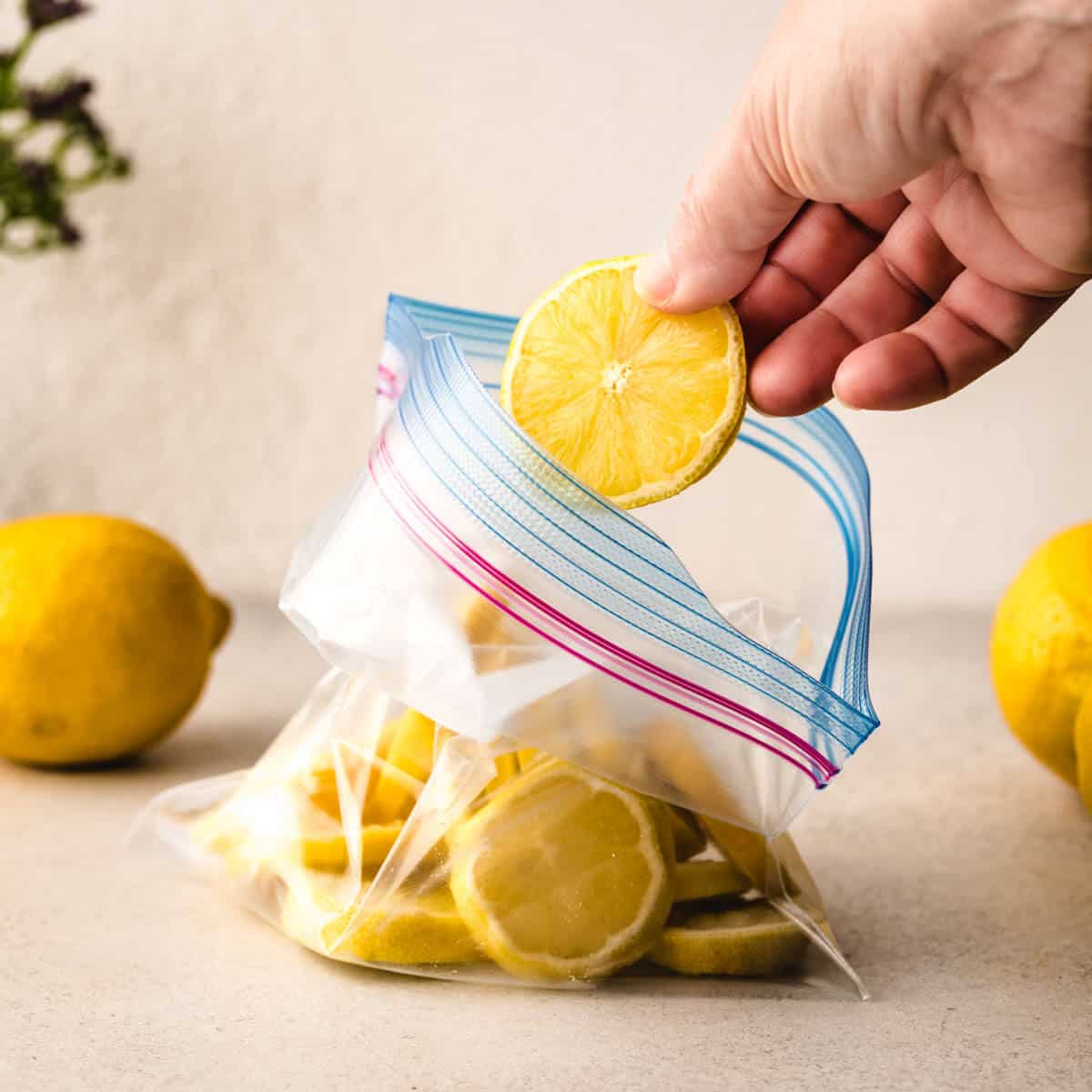

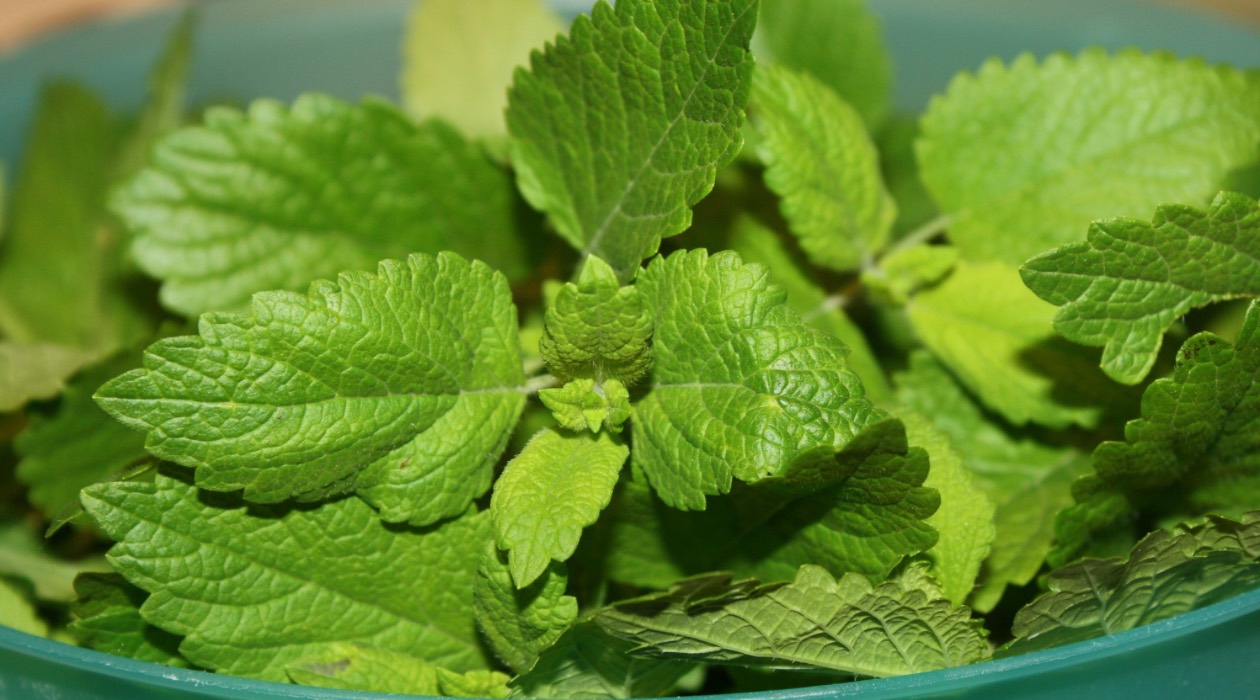

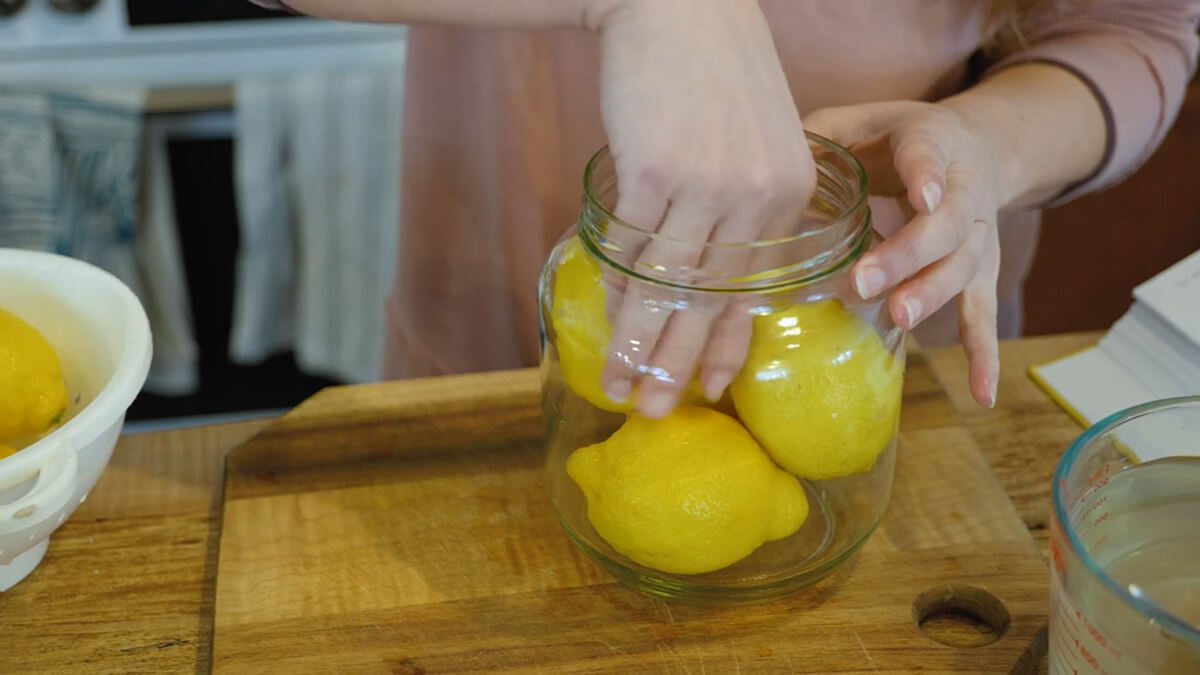
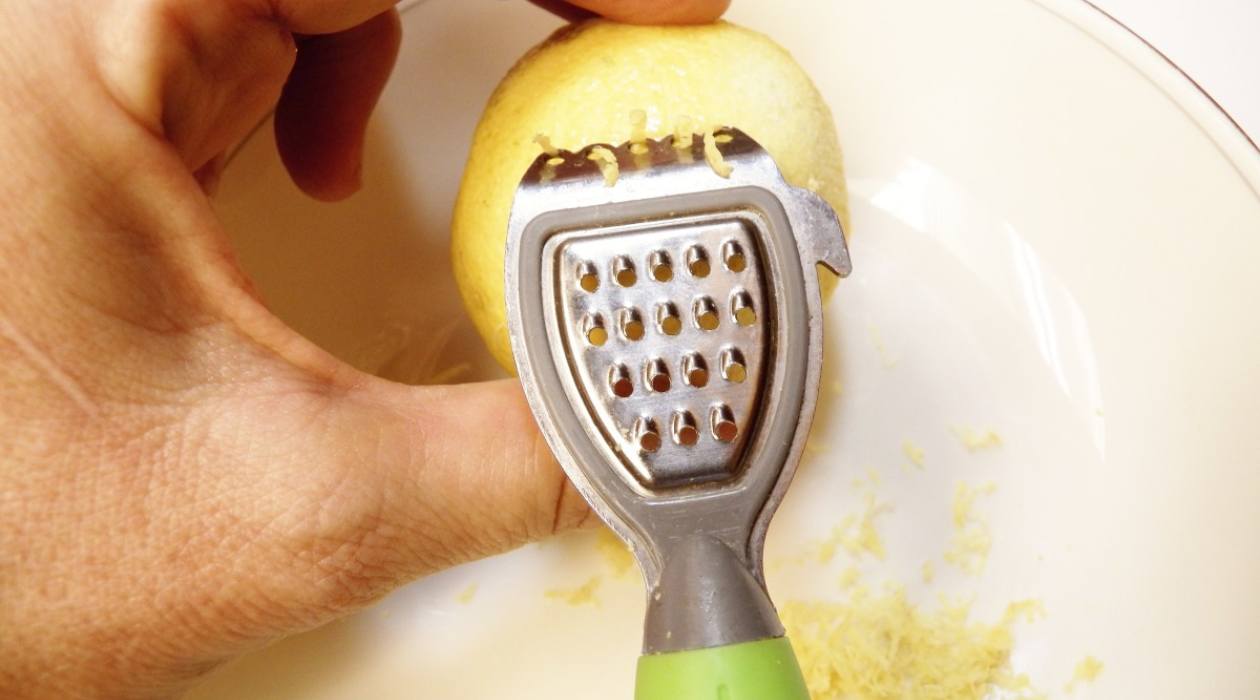
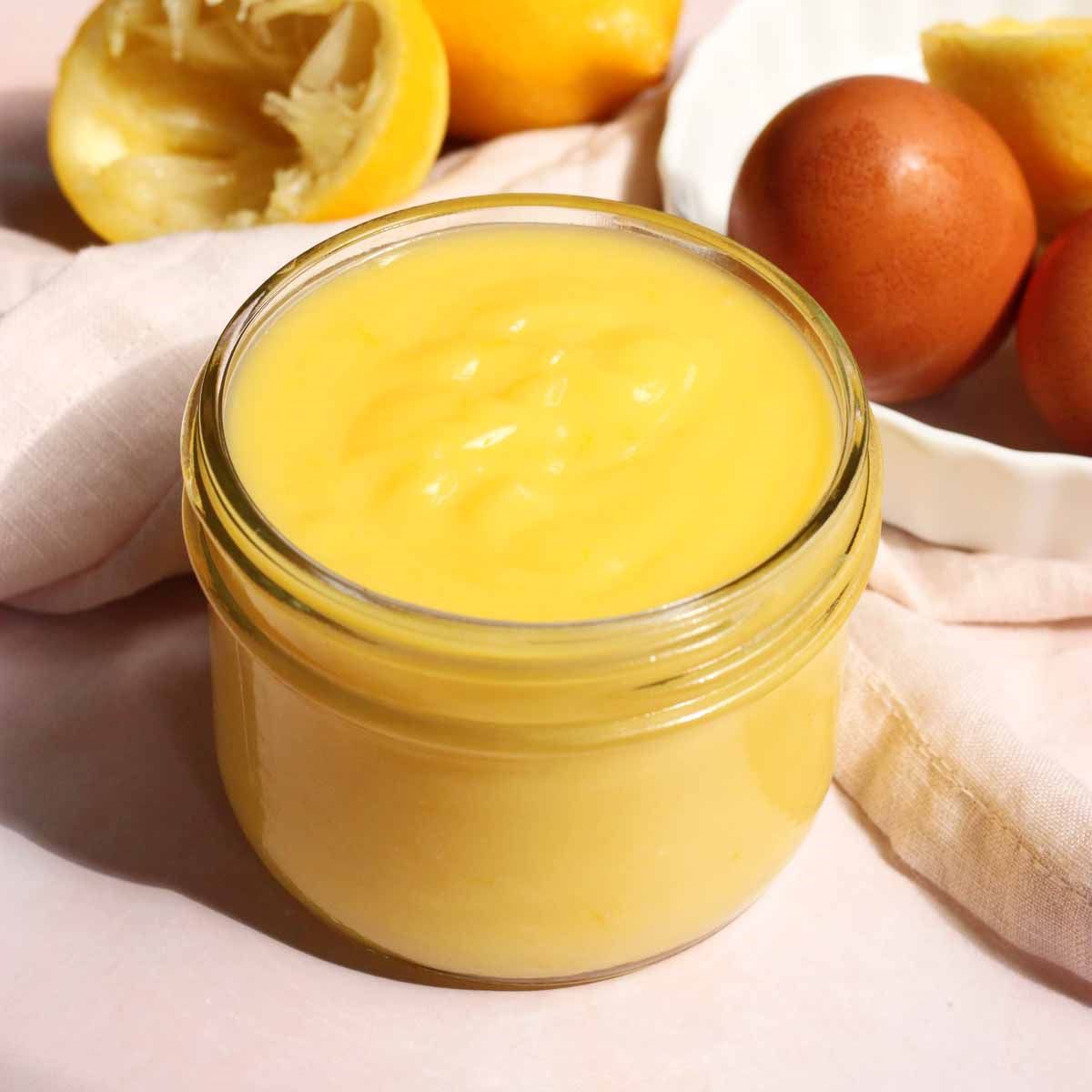
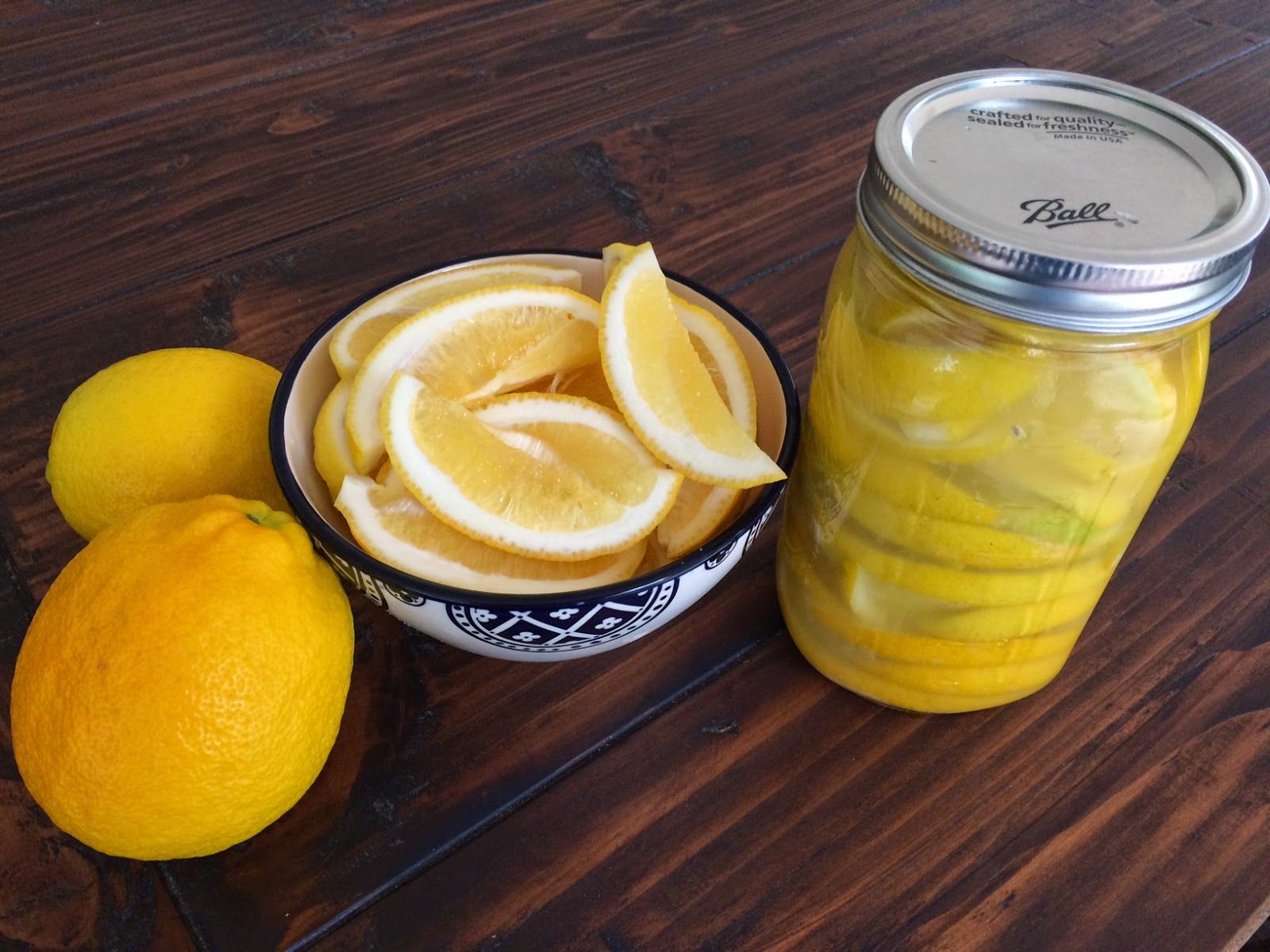
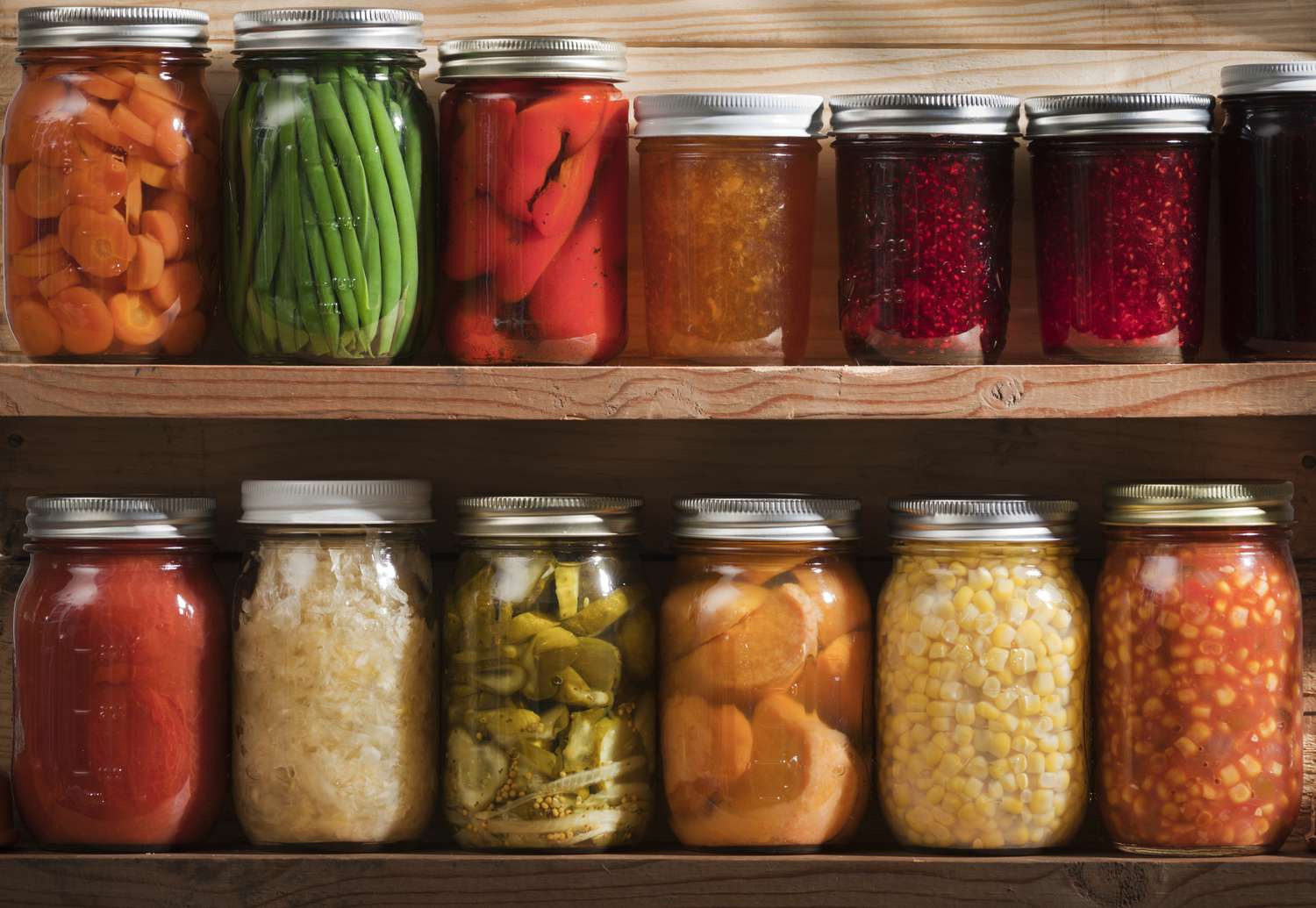

0 thoughts on “How To Store Lemons Without Refrigeration”